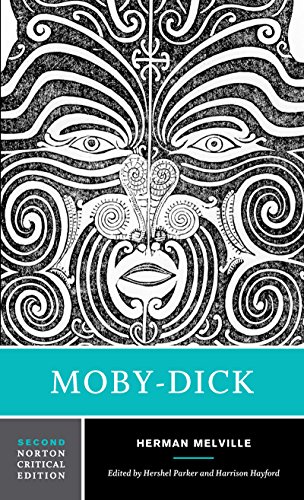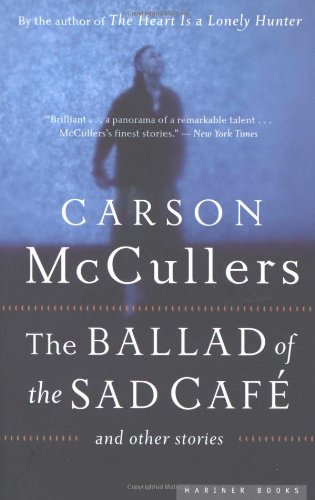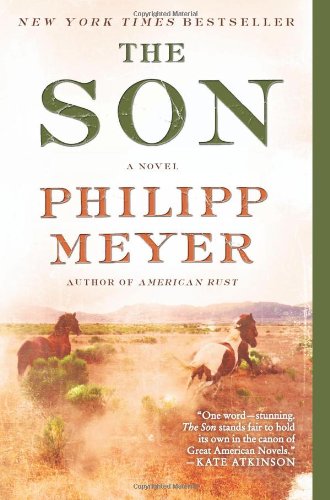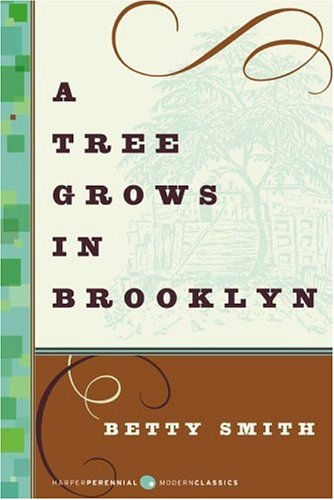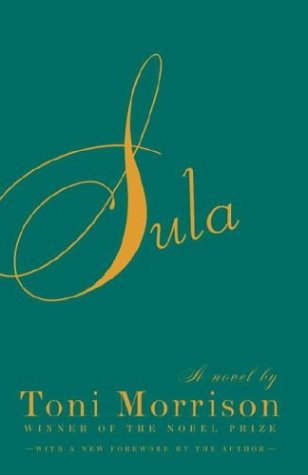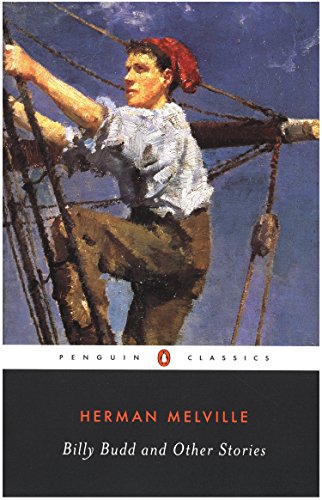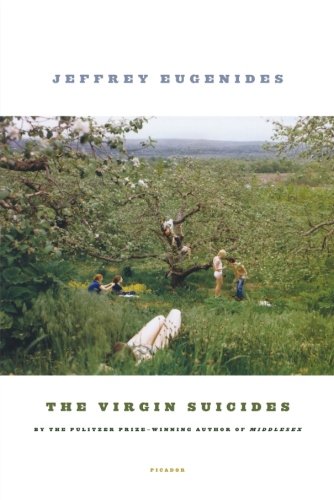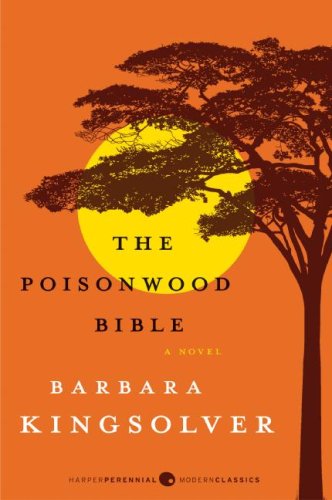"Summer reading" isn't really a thing for me because I read all year long and don't make much of a distinction between seasons -- I just read what I'm in the mood to read. But I will happily acknowledge that there are definitely certain books that are just more pleasurable to read at certain times of year, and I have a well-documented history of reading more Southern and L.A.-oriented authors when it's hot outside. I have no specific titles in mind this summer, but I am looking forward to reading some Faulkner this year, and he is both a Southern writer and a man (something I was not allowed to read last summer). Here are some of my recommendations for your summer reading, if you're into that kind of thing:
-The Virgin Suicides by Jeffrey Eugenides: There is a Bookhive List post on this forthcoming, but it's good enough to warrant multiple mentions. An especially relevant novel if your summer will involve any proximity to fish flies or dying trees.
-Anything by Joan Didion (except A Year of Magical Thinking): Her essays on the American West and late 20th century counterculture are spare, essential and sizzling. I recommend her constantly for every occasion and will continue to do so, unapologetically.
-Any of the major contemporary women writers who are writing excellent literary fiction that is often mis-characterized as women's/genre fiction: Megan Abbott, Meg Wolitzer, Sarah Waters, and Tana French, for a start.
-Go Set a Watchman by Harper Lee: Not because it will be good, but because it will be the literary event of the year.
-Re:Jane by Patricia Park; I have Roxane Gay's recommendation to thank for this, but Park's debut novel is a contemporary retelling of Jane Eyre, with the protagonist as a Korean-American woman. I already got a copy of this, so expect a longer review soon.
-The Girl on the Train by Paula Hawkins; I haven't read this yet but it's definitely on my list, as it was recently endorsed by NPR's Pop Culture Happy Hour, which has never steered me wrong. It's been described as Gone Girl-esque, and it has already made a big splash this year.
-Missoula by Jon Krakauer; I love to read Krakauer in the summer, because it's very intelligent non-fiction that is actually quite easy and quick to read. Granted, this one is about rape at colleges, so not exactly light, but I also read his book on murder in the Mormon community during the summer, perched in a patio chair, so take that as you will...
-Loving Day by Mat Johnson; This was one of 2015 most anticipated works of literary fiction, and while I haven't read any of Mat Johnson's novels yet, I religiously follow him on Twitter and I try to read his essays and nonfiction online whenever I can. He is smart and funny and works issues of race and identity into his writing so seamlessly and effectively.

